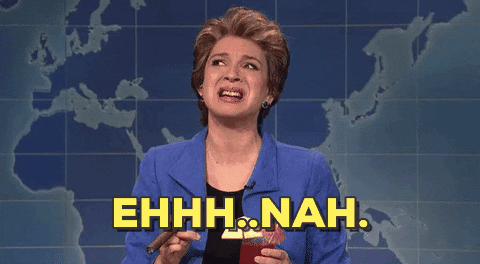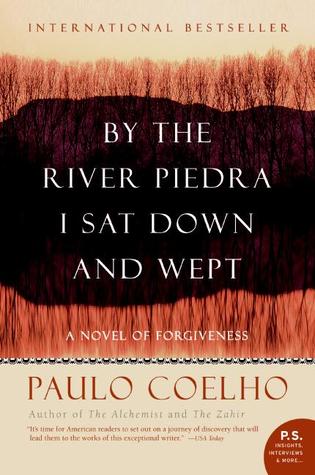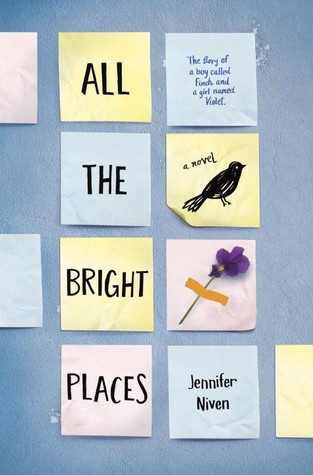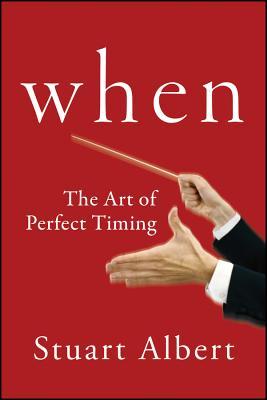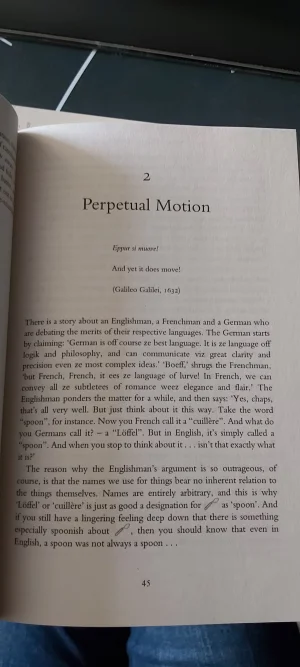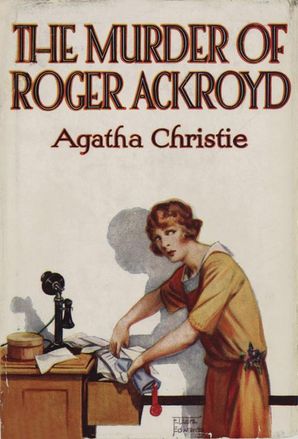The book introduces a novel idea of timing analysis to events and phenomenon that you see in life. This analysis consists of studying a temporal relationship between events, the temporal nature (six lenses: sequence, duration, interval, rate, shape, polyphony) of those events and any consequences or risks of their temporal architecture. If you are someone who tends to pay attention to timing, sequence and cycles in life, you might gravitate towards this book to find answers and give some structures to your observations. I think the author succeeded in creating that structure but fell short in the delivery.
The author really drives home the necessity of viewing world events and phenomenons through the lenses of timing and temporal analysis, and competently uses examples to demonstrate the pitfalls of not using these lenses, and how it causes issues and consequences that could be avoided had we looked at the timing design behind the process. However where the author fails is demonstrating how a timing analysis can be applied to avoid such issues or how it can proactively be utilized in a typical situation. I think it is easier to see the necessity of timing design in hindsight, but it is not as clear when you are preemptively applying it to an upcoming situation that hasn’t happened yet, herein a few examples would have been beneficial. For that reason, it was hard for me to see the value of timing analysis or a benefit that I couldn’t find in the proper practices of project management, such as work breakdown structures, gant charts, and risk analysis, or a typical PEST analysis.
The author uses music theory and music terminology to explain and make sense of his proposed methodology which I sense is quite adequate as music is inherently concerned with timing, sequence, intervals, durations and polyphony (elements that make the temporal design according to the author), but I found myself on the outside looking in as I have zero training in music. I understood the similarities he was driving at, since I am an avid consumer of musical work, and on an intuitive level, I accept that music theory makes for a better language to understand how time works, but I couldn’t internalize what he was explaining to imagine how to practice as I am not a musician - in other words, I understood what he was saying but I couldn’t see the connections he was making, so I was unable to fully benefit from the analogy he used. Could his theory have been explained differently without the use of musical theory? I am unsure, and that is on the author to figure out, but he narrowed down his audience tremendously when he deployed music terminology to explain his analysis.
The book reads like an academic textbook, where each chapter is entirely dedicated to introducing and explaining one element out of six at length, but unlike an academic textbook it lacks sufficient examples or exercises on how the analysis can applied. The last chapter is dedicated to applying the analysis from beginning to end to a fictional situation that is hard to relate to (firefighters putting out a fire), which I find it failed to properly convey the mechanics of how the analysis should be conducted successfully.
My impression is the author wanted to position himself as the expert in timing analysis and temporal design through this book. It was intended for business people and it gave just enough to make the idea appealing but very little to make it applicable. I imagine that is where his expertise would be called upon; to help businesses and corporations apply it. The book had potential to educate an average individual how to use temporal design to improve or manage their life, but it fell short of that potential, perhaps intentionally so. I was intrigued and I couldn’t find any other books or publications of Stuart Albert to gain a better insight on what could be, as he proposes, a groundbreaking perspective.
I feel that if I am to benefit from this book, I would have read it multiple times and impart on it my own experiences and observations. Something the author confirmed when he began his last chapter with the following quote:
“…not give a specific answer, but to suggest a way of study.” - Josef Albers
It appropriately summarizes the author’s intent with this book; his goal was to introduce this new set of lenses through which we can look at the world and see an entire new element at play; Time. As the author mentioned, we tend to think of Time as a container of our lives and events, passively witnessing them, and as a measure to record our history, when in reality, Time is a major player and influencer in how many of the world’s major events are unfolding. Although, I can’t say this book left me with a whole lot of practical tips and tools to enrich my life, it did curiously change my perspective on what Time is and how it can be just as important to consider timing when reflecting on my life.


